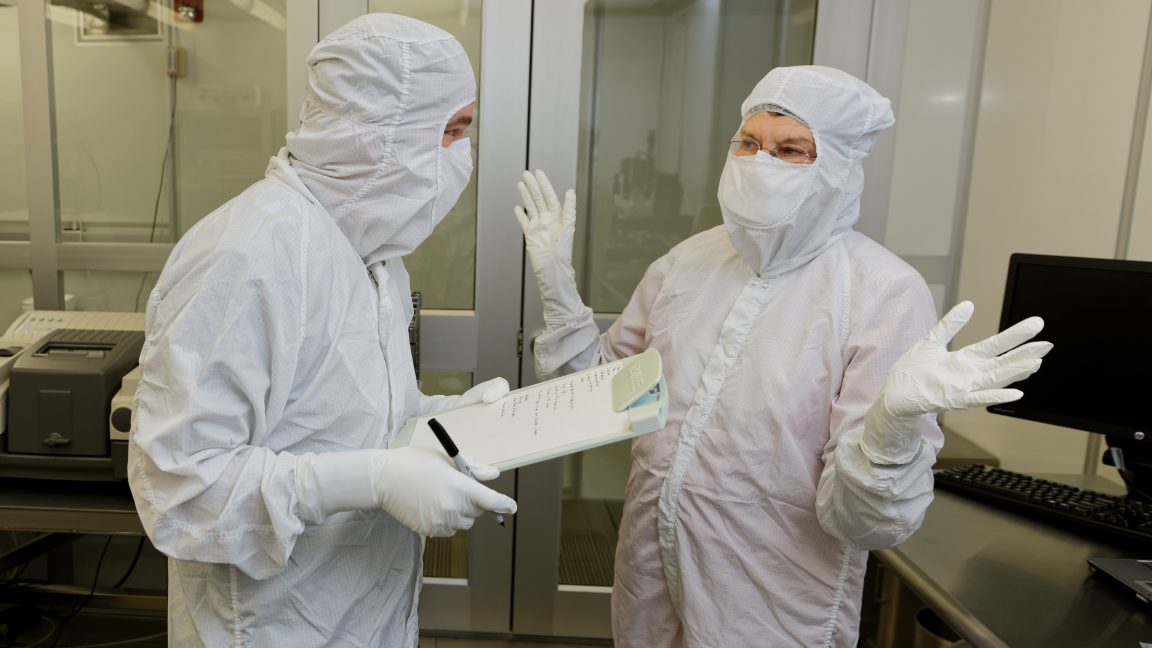
In rats, the drug produced a consistent 1 percent weekly weight loss over a six-week study period while preserving 100 percent of lean muscle mass.In a first-in-human pilot study of nine participants, the drug was safe with no adverse effects.
Tissue samples taken from the intestine were used to confirm that the coating formed and was also cleared from the body within 24 hours.
The study wasnt designed to assess weight loss, but blood testing showed that after the drug was given, glucose levels and the hunger hormone ghrelin were lower while the levels of leptin, an appetite-regulating hormone, were higher.When nutrients are redirected to later in the intestine, you're activating pathways that lead towards satiety, energy expenditure, and overall healthy, sustainable weight loss, Dhanda says.Syntis Bios findings in animals also hint at the drugs potential for weight loss without compromising muscle mass, one of the concerns with current GLP-1 drugs.
While weight loss in general is associated with numerous health benefits, theres growingevidence that the kind of drastic weight loss that GLP-1s induce can also lead to a loss of lean muscle mass.Louis Aronne, an obesity medicine specialist and professor of metabolic research at Weill-Cornell Medical College, says that while GLP-1s are wildly popular, they may not be right for everyone.
He predicts that in the not-so-distant future there will be many drugs for obesity, and treatment will be more personalized.
I think Syntis compound fits in perfectly as a treatment that could be used early on.
Its a kind of thing you could use as a first-line medication, he says.
Arrone serves as a clinical adviser to the company.Vladimir Kushnir, professor of medicine and director of bariatric endoscopy at Washington University in St.
Louis, who isnt involved with Syntis, says the early pilot data is encouraging, but its hard to draw any conclusions from such a small study.
He expects that the drug will make people feel fuller but could also have some of the same side effects as gastric bypass surgery.
My anticipation is that this is going to have some digestive side effects like bloating and abdominal cramping, as well as potentially some diarrhea and nausea once it gets into a bigger study, he says.Its early days for this novel technique, but if it proves effective, it could one day be an alternative or add-on drug to GLP-1 medications.This story originally appeared on wired.com.

 11
11
















